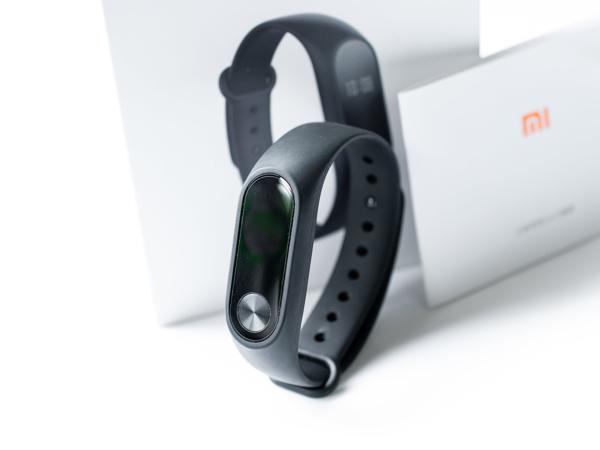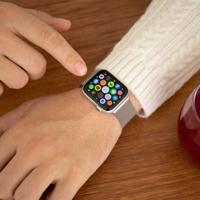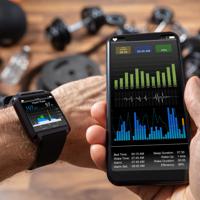In today's fast-paced world, the integration of technology into our day-to-day lives has led to some truly valuable innovations, especially in the realm of health monitoring. One such development is the advent of smart thermometers, which offer a convenient and efficient method for fever tracking. At TechLiving, we bring insights into how these devices can fit into your smart lifestyle and help you keep a closer eye on your wellbeing.
What Are Smart Thermometers?
Smart thermometers are digital devices designed to measure body temperature and share that information with an associated app or device via Bluetooth or Wi-Fi. They often provide users with additional features beyond mere temperature readings, such as tracking temperature trends over time, offering health advice, or even integrating with other health apps.
Advantages of Smart Thermometers
Ease of Use: Smart thermometers are generally user-friendly. With a simple app interface, they provide instant readings that can be saved and tracked over time.
Data Tracking: One of the key features of smart thermometers is their ability to store data over the long term. This allows you to observe patterns and trends, which can be particularly useful for parents tracking their children's health or for those managing chronic conditions.
Integration: Many smart thermometers integrate seamlessly with broader health monitoring systems, allowing users to keep all their health data in one place. For example, the Kinsa Smart Thermometer links with Apple Health or Google Fit, centralizing data management.
Alerts and Notifications: Some devices offer the benefit of alerts or notifications when unusual temperature patterns arise, prompting users to take action or consult with healthcare professionals.
Research and Insights
Research into the use of smart thermometers suggests a range of benefits and potential areas for improvement. A study published in the Journal of Medical Internet Research noted that users found these devices particularly helpful in understanding and managing fever incidents more effectively than traditional thermometers.
It's also worth mentioning that the accuracy of smart thermometers generally aligns with their digital counterparts, though it's important to choose a reputable brand to ensure consistency.
Examples of Smart Thermometers
Kinsa QuickCare Smart Thermometer: The Kinsa thermometer offers fast readings and connects with a smartphone app to log data and provide personalized guidance based on symptoms entered by the user. It's a favorite among families for its intuitive service and community health insights.
Withings Thermo: This touchless thermometer takes readings from the temporal artery, considered to provide reliable measurements. It's particularly cherished for its detailed app features, which allow users to comment on and track each measurement.
iHealth No-Touch Forehead Thermometer: Known for its speedy infrared sensor, this thermometer is a good choice for those who prefer no-contact temperature taking. It stores up to 99 readings, making historical comparisons easier.
Practical Considerations
When choosing a smart thermometer, consider factors such as ease of use, app features, battery life, and cost. While these devices can offer convenience, they do not replace professional medical advice or diagnosis. Think of them as a supplementary tool to enhance your health monitoring routine.
How to Use Them Effectively
Regular Monitoring: Utilize these devices regularly to establish a baseline for your normal body temperature. This can help you discern when variations occur.
App Integration: Take advantage of app features to maintain health logs, check historic data, and see the bigger picture of your health journey. This is especially useful when using a fitness tracker.
Family Use: Consider using a smart thermometer in a household setting where multiple family members can benefit from dedicated profiles within a single app.
Conclusion
Smart thermometers offer a combination of convenience and connectivity that can be advantageous for individuals and families alike. While they may not revolutionize healthcare on their own, they provide useful, accessible tools for those interested in staying informed about their health. By using these smart devices, you can integrate mindful health monitoring into your everyday routine, enhancing your smart lifestyle with thoughtful technology.



